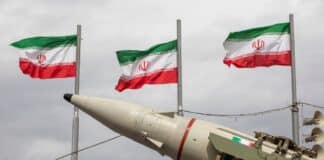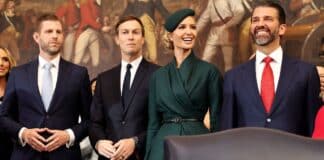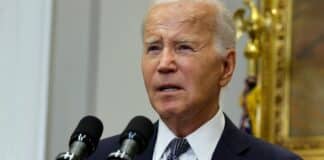Former Pakistani Prime Minister Imran Khan, currently imprisoned on corruption charges, compares his legal struggles to U.S. President Donald Trump. Khan was sentenced to 14 years in prison, while his wife, Bushra Bibi, received seven years. They were convicted of accepting land as a bribe through the Al-Qadir Trust established during his tenure. He maintains his innocence, labeling the charges as a “witch hunt” and asserting that the cases against him are politically motivated.
Khan’s supporters argue that his legal battles mirror those of President Trump, who faces multiple indictments in the United States. Both leaders have accused political opponents of weaponizing the legal system to prevent their return to power. Richard Grenell, a former Trump advisor, has publicly supported Khan, tweeting, “Free Imran Khan!” Many conservatives and populists in both countries see Khan and Trump as deep-state targets meant to sideline anti-establishment leaders.
Khan has long been a controversial figure in Pakistan, leading the populist Pakistan Tehreek-e-Insaf (PTI) party. His “Naya Pakistan” (New Pakistan) vision promised economic reform, anti-corruption measures, and a more independent foreign policy. His 2022 ouster via no-confidence vote triggered mass protests and a PTI crackdown. Since then, Khan has faced a series of legal battles, with authorities seeking to dismantle his party ahead of Pakistan’s upcoming elections.
Khan emphasized the need for steadfast leadership that champions peace, democracy, and human rights, expressing hope that such leadership can contribute to a better world.
Trump’s supporters see similar tactics in the U.S., where legal challenges may affect his 2024 run. Both Khan and Trump have mobilized grassroots movements that challenge entrenched political elites. While Khan’s imprisonment keeps him from actively campaigning, his party remains a formidable force in Pakistani politics.
The parallels between Khan and Trump highlight the complex interplay between politics and the judiciary in both nations. As Khan contests his conviction, the case highlights the challenges political leaders face amid bias claims.





